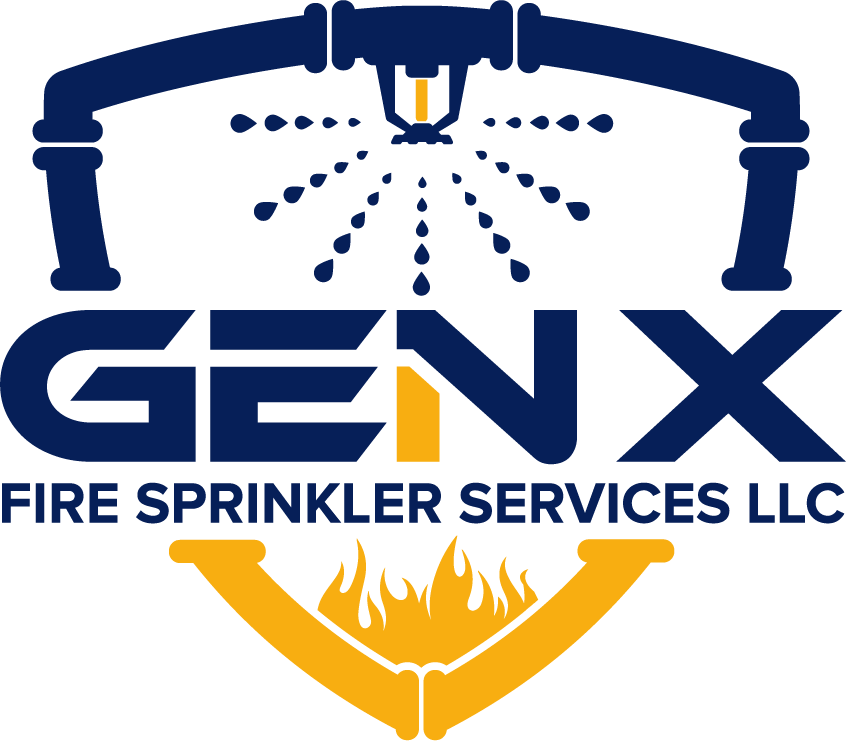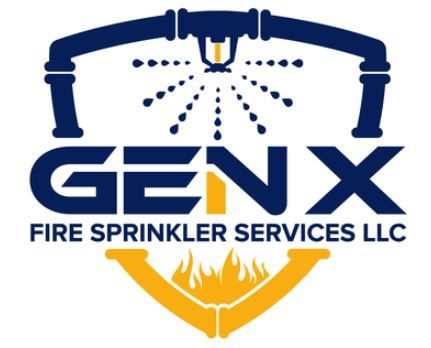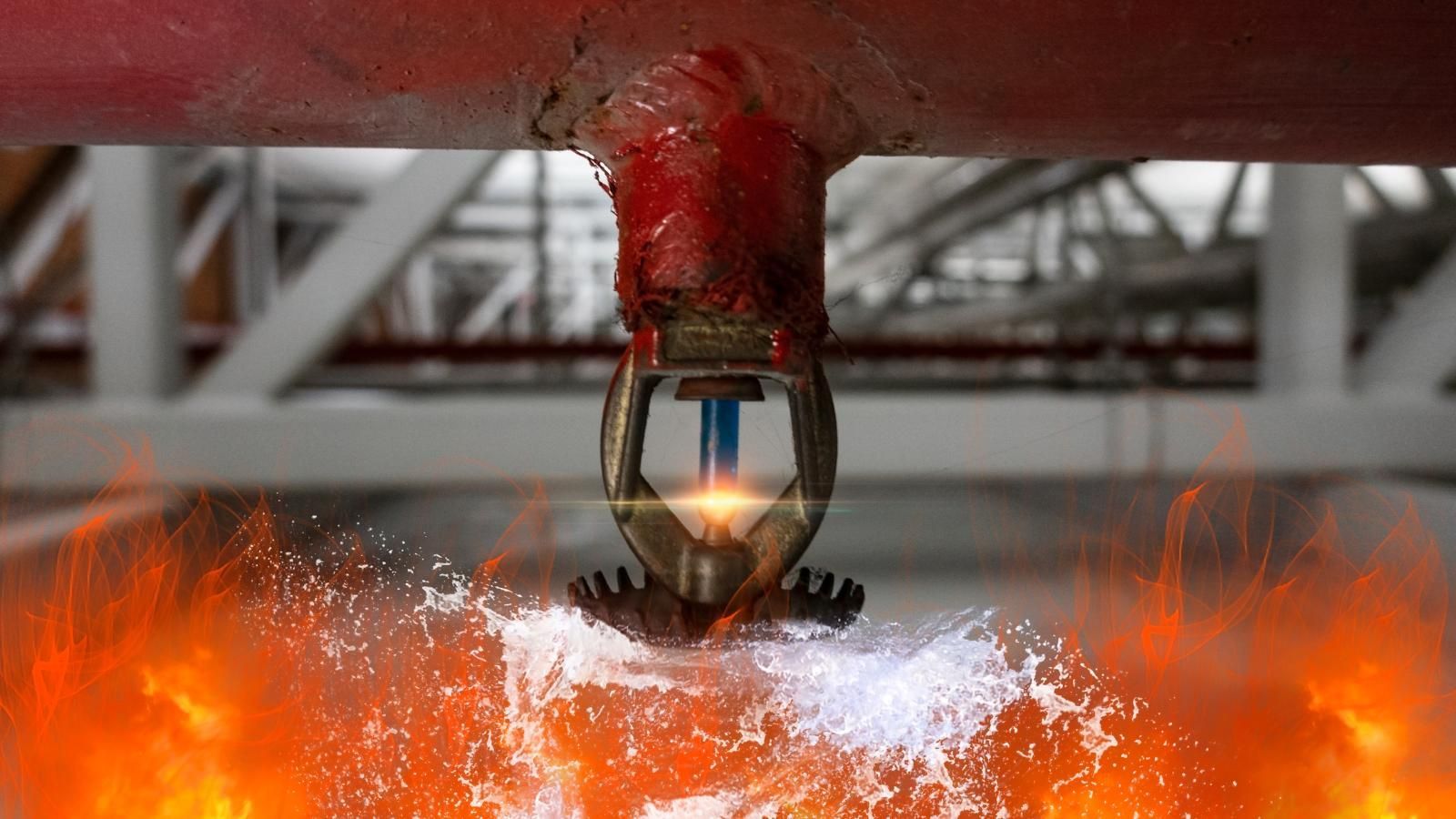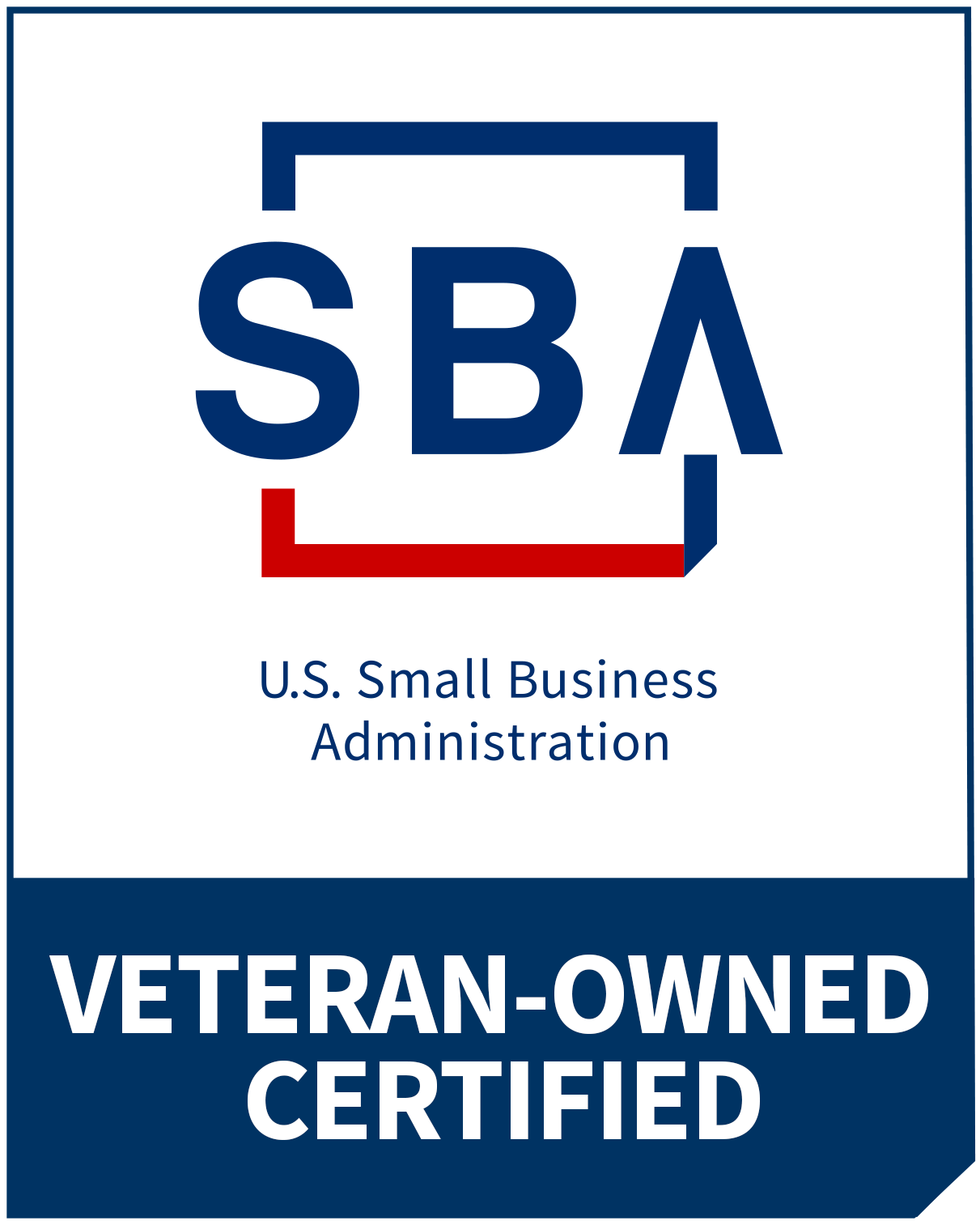How Do You Inspect a Fire Sprinkler System?
A fire sprinkler system is very effective against fire hazards, protecting life and loss of property. Having a system in place is not enough – annual fire sprinkler inspections ensure they function optimally when needed. A malfunctioning sprinkler system increases the risk of property damage, and noncompliance with safety regulations has repercussions. Property owners can perform some basic checks, but professional inspections are required to comply with strict safety standards. In this post, we’ll discuss fire sprinkler testing procedures including step-by-step instructions and regulatory requirements.
In This Post We will cover:
- Step-by-step Guide to Fire Sprinkler Inspections
- Residential vs. Commercial Fire Sprinkler Inspections
- Fire Sprinkler Inspection Requirements and Regulations
- Can homeowners inspect fire sprinklers themselves?
Why Are Fire Sprinkler Inspections Important?

Fire sprinklers are only as effective as their last inspection. Annual fire sprinkler inspections ensure the system responds perfectly in emergencies to prevent disasters.
Fire sprinkler system testing ensures:
- Compliance with Fire Codes and Insurance Requirements: Local and national fire codes mandate inspections for safety reasons. An annual fire sprinkler inspection is the minimum requirement for commercial properties as per the National Fire Protection Association (NFPA). High-risk facilities will require more inspections. Insurance providers often require documentation of fire sprinkler inspections in their policies, and failure to comply could result in denied claims.
- Malfunction Prevention: Timely inspections will catch common sprinkler systems issues such as corrosion, clogged nozzles, or faulty water pressure before they fail. A lack of maintenance or human error is responsible for 87% of fire incidents where sprinklers fail to operate.
- Fully Operational Sprinklers: According to the NFPA, fully operational sprinklers reduce the risk of fire-related deaths by 87% and property damage by 69%.
The above reasons emphasize the importance of fire sprinkler testing procedures for effective inspections.
Step-by-Step Guide to Fire Sprinkler Inspections
Fire sprinkler system inspection requirements involve multiple steps, including:
- A visual Inspection for Leaks, Corrosion, or Damage
- Pipes, fittings, and sprinkler heads are examined for leaks, rust, or anything affecting system performance.
- Signs of physical damage caused by impact, freezing temperatures, or tampering are examined.
- Confirmation that pipes are properly secured and free from obstructions is verified.
2.Testing the Control Valves and Water Pressure
- Verification that all control valves are in the correct position (opened and locked) for the proper water flow when activated is confirmed.
- Confirmation that the water pressure gauge works perfectly to meet demands when needed.
- Supervisory switches and alarms are tested to ensure they activate.
3.Checking the Sprinkler Heads for Obstructions
- Ensuring sprinkler heads are free from dust, paint, or debris that might block water flow.
- Checking that sprinkler heads are positioned properly for optimal performance.
- Ensure the sprinkler heads are rated for the temperature of the environment.
4. Additional System Testing and Maintenance
- A flow test will confirm the water is reaching the sprinklers correctly.
- Inspection of the fire department connection (FDC) ensuring it is accessible in an emergency.
- Review the inspection tag and maintenance records to verify compliance with NFPA 25 and local regulations.
Residential vs. Commercial Fire Sprinkler Inspections
Annual fire sprinkler inspections serve the same purpose for residential or commercial buildings, but the complexities, regulations, and maintenance needs differ considerably.
Residential Fire Sprinkler Inspection Requirements
- Simplicity: Residential fire sprinkler systems are simple with fewer sprinkler heads. The standalone or multipurpose piping connects to the home’s water supply.
- Frequency: Home fire sprinklers should be checked monthly for leaks or blockades, with professional annual inspections to ensure proper function.
- Cost Consideration: Maintenance neglect could lead to costly repairs or insurance issues.
Commercial Fire Sprinkler Inspection Requirements
- Complexity: Commercial sprinkler systems use high-pressure water supplies, cover multiple zones, and have advanced alarm systems.
- Legal Requirements: The NFPA 25 stipulates the requirement for quarterly, annual, and sometimes more frequent inspections for commercial properties. Documentation is required to verify local fire codes and insurance requirements are met.
- Professional Servicing: Commercial systems require certified fire protection professionals for testing, maintenance, and compliance checks. Companies will be subject to legal penalties, insurance claims denials, and possible system failures during emergencies when fire sprinkler inspection requirements are unmet.
Fire sprinkler inspection requirements are established for safety reasons. Fire protection is why they were initially installed, so naturally, you should ensure their effectiveness for emergencies.
Fire Sprinkler Inspection Requirements and Regulations
Strict inspection requirements ensure fire sprinklers function as designed in emergencies.
The national standards are set by NFPA 25:
- NFPA, the National Fire Protection Association, governs inspections, tastings, and maintenance requirements of fire sprinkler systems.
- NFPA mandates all commercial systems to have annual fire sprinkler inspections, with additional quarterly or semi-annual checks for certain environments.
- Annual fire sprinkler inspections should also be conducted for residential systems.
Local fire sprinkler inspection requirements
- Local jurisdictions may impose stricter inspection guidelines for high-risk buildings like hospitals, hotels, and industrial facilities.
- Inspections must be documented and reported to local fire departments or regulatory agencies for compliance verification.
Licensed Fire Protection Professionals
- Fire sprinkler testing procedures must be performed by certified professionals who know the compliance requirements and understand the mechanics of fire sprinkler systems.
- Water pressure systems, alarm signals, and valve functions will be expertly examined, tested, and documented for safety assurance.
Professional sprinkler inspections will protect you from fines, insurance issues, and legal liabilities in the event of a fire.
Can homeowners inspect fire sprinklers themselves?
Homeowners can do a general inspection of their fire sprinklers, but a full professional annual fire sprinkler inspection should always be done by a professional. Why:
- Hidden issues could be missed, leading to system failure in an emergency
- Professional documentation proves compliance with insurance policies
Hire a professional to ensure your system functions as it should and gain peace of mind for your family.
Staying Safe with Routine Inspections
Keep safe with regular fire sprinkler inspections and remain in compliance with regulations. Partnering with a professional inspection company will:
- Ensure compliance with NFPA 25 and local fire codes
- Detect hidden issues like corrosion, leaks, or pressure problems, keeping your system working properly
- Provide peace of mind with a system in optimal condition
Ensure your fire sprinkler system functions when needed. If you’re looking for professional, certified fire sprinkler inspections,
GenX Fire Sprinklers is here to help.
Call Now for Skilled Fire Sprinkler Services to Protect Your Property!
Fire safety should never be compromised. When looking for reliable fire sprinkler inspection companies in Wyandotte County, trust GenX Fire Sprinkler Services LLC to deliver top-tier service and expertise. Our skilled technicians ensure your fire protection system is compliant, fully functional, and ready to protect your business at all times.
Call us today to schedule your fire sprinkler inspection, maintenance, or installation in Kansas City, KS, Bonner Springs, or Edwardsville – because fire safety comes first in Wyandotte County.
QUICK LINKS
GET IN TOUCH
PHONE NUMBER
BUSINESS HOURS
Monday - Friday: 7:00am - 5:00pm
Saturday & Sunday: Closed
SERVICE AREAS
Jackson County
Johnson County
Clay County
Platte County
Wyandotte County
All Rights Reserved Gen X Fire Sprinkler Services LLC | Website Design by Digital Marketing Inc.




